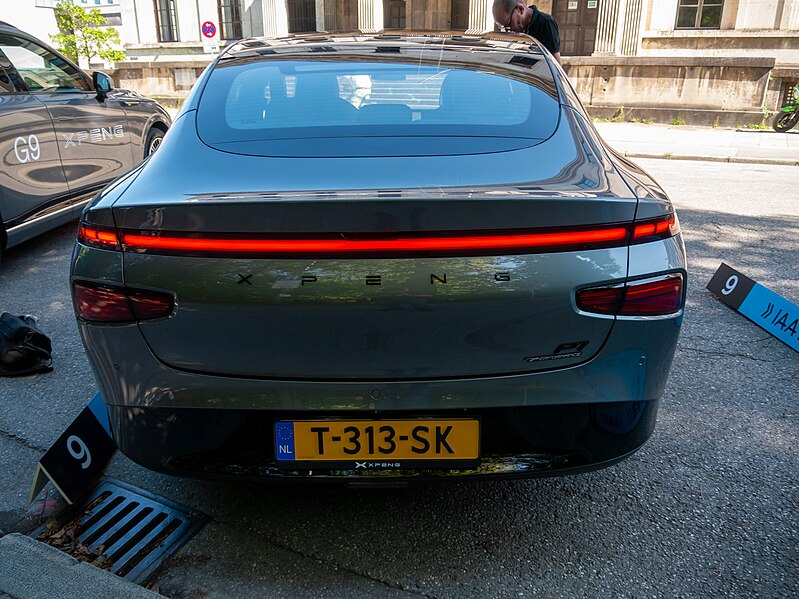Chinese electric vehicle (EV) manufacturer Xpeng has announced the delivery of its 10,000th vehicle in Europe, marking a significant achievement as the company strengthens its foothold in the region despite the European Union’s imposition of additional tariffs on Chinese-made EVs.
He Xiaopeng, Chairman and CEO of Xpeng, shared the milestone on Sina Weibo, stating that Xpeng is the first Chinese EV startup to reach this level of delivery in Europe. The company has also emerged as the leading seller of vehicles priced above €40,000 ($41,612.7) among Chinese automakers in the region this year.
This achievement highlights the ongoing success of Chinese EVs in the European market, a trend that persists despite the EU’s recent tariffs, which can reach up to 35.3%. The additional tariffs were introduced in October, aiming to curb the increasing presence of Chinese-made EVs, but these vehicles have continued to demonstrate strong performance in terms of sales and market share. According to data from JATO Dynamics, a global leader in automotive analytics, Chinese automakers combined to register over 24,100 battery electric vehicles (BEVs) in Europe during November 2024, nearly matching the sales figures of industry leader Tesla. This development underscores the competitive positioning of Chinese EVs, even as they face added costs due to tariffs.
In a similar development, Chinese EV manufacturer Nio announced plans to launch its new Firefly EV brand in Europe in 2025. Nio CEO Li Bin acknowledged the impact of the tariffs but remained optimistic, asserting that the Firefly brand is backed by cutting-edge smart EV technologies, which Nio has been developing for a decade. He expressed confidence in Firefly’s ability to compete effectively in the European market despite the tariff challenges.
Several other Chinese EV makers have seen notable growth. Leapmotor registered a 296% increase in sales, BYD experienced a 127% growth, and Xpeng itself reported a 93% rise in November 2024, according to JATO’s latest report. The market share of Chinese automakers in the European battery EV market rose from 12.5% in November 2023 to 13.2% in November 2024, highlighting the increasing appeal of Chinese-made vehicles.
The strong performance of Chinese EVs in Europe can be attributed to their cost competitiveness, with many manufacturers able to offer more affordable options compared to European or American counterparts. Despite the tariffs, Chinese companies are leveraging their cost advantages, technological advancements, and robust production capabilities to maintain a solid market presence.
As the EU and China continue discussions surrounding the tariff issue, experts like Zhang Xiang, a chief energy storage expert at Jiangsu Gufeng Electric Power Technology Co, suggest that Chinese EVs will continue to thrive in the European market. Zhang emphasized that even with the added tariffs, Chinese manufacturers are strategically positioning themselves for long-term success in the region.
Xpeng’s milestone delivery and the continued growth of Chinese EVs in Europe reflect broader trends in the automotive industry, where innovation and cost-efficiency are key drivers of competition. As the European market continues to evolve, Chinese automakers are likely to remain a significant presence in the rapidly growing EV sector.



